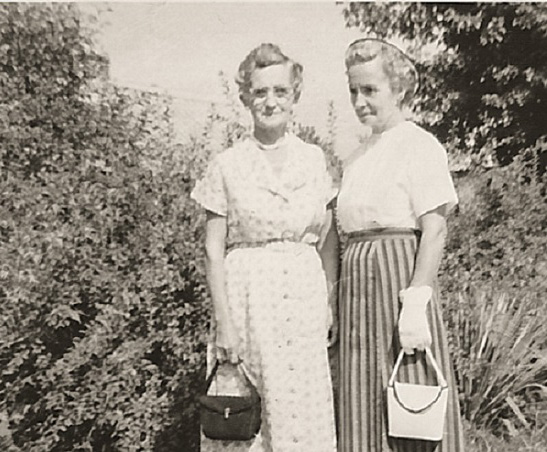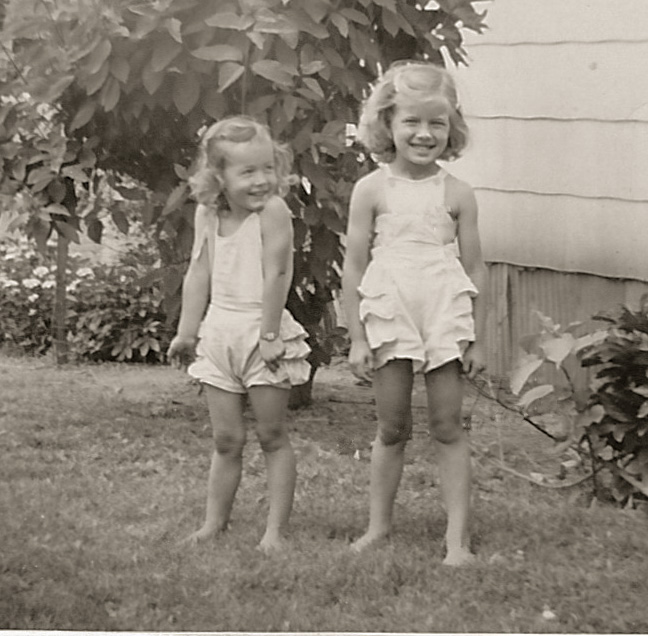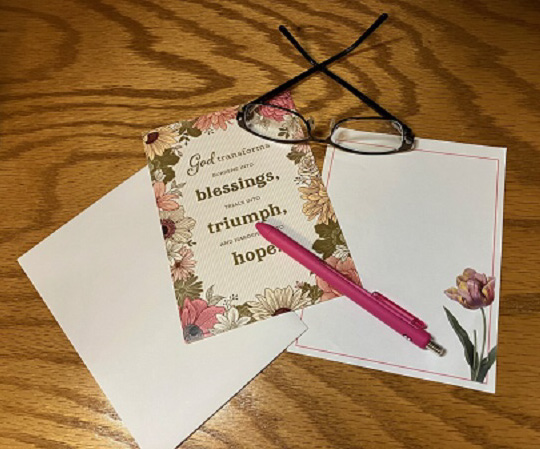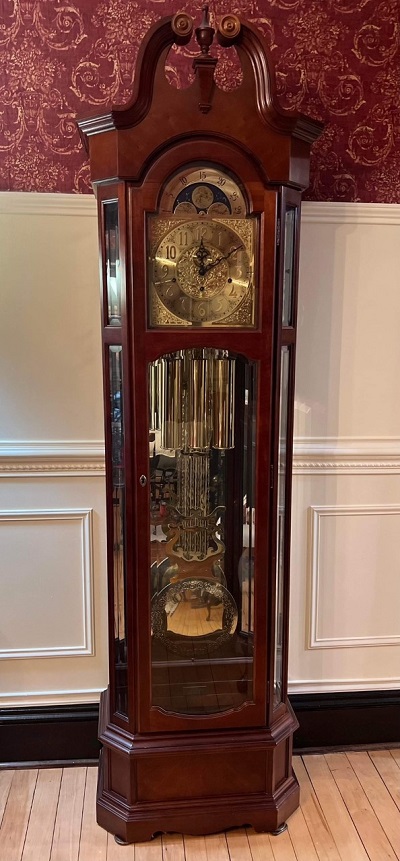Upon My Word of Honor
 When anything shocked my grandmother and her sister, they often declared, “Upon my word of honor!” Occasionally they shortened it to “Pon my word of honor!” or simply “My word!”
When anything shocked my grandmother and her sister, they often declared, “Upon my word of honor!” Occasionally they shortened it to “Pon my word of honor!” or simply “My word!”
Sometimes their surprise came from love or admiration. Both enjoyed and grew flowers. An amazing new discovery led to clapped hands and words of approval.
Other times the same words expressed their disapproval. Unruly children might lead to, “Upon my word of honor! I can’t believe their parents let them get away with that.”
Upon my word of honor has two main meanings.
My grandmother and great-aunt demonstrated one.
1. It expresses shock or surprise.
People can’t believe what they see or hear. It amazes them.
2. Upon my word of honor is also an oath or vow.
People promise or pledge to do something. That may be a formal pledge like an oath of office. It may also be an informal promise between friends or acquaintances. They mean they will do what they say. They vow they are telling the truth.
Why not always live an honest life rather than make promises?
If people know someone is as good as their word, they will not question what that person says or does. They trust them.
“Say just a simple ‘Yes, I will’ or ‘No, I won’t.’ Your word is enough. To strengthen your promise with a vow shows that something is wrong. (Matthew 5:37 TLB).
Thanks to Jason Smith (and his Aunt Beulah who used this expression) for the suggestion.
Do you have an expression you want explained or a thought about this one? If so, please comment below.
Subscribe to receive my weekly posts by email and receive a free copy of “Words of Hope for Days that Hurt.”
If you enjoyed this post, please share it with your friends.








